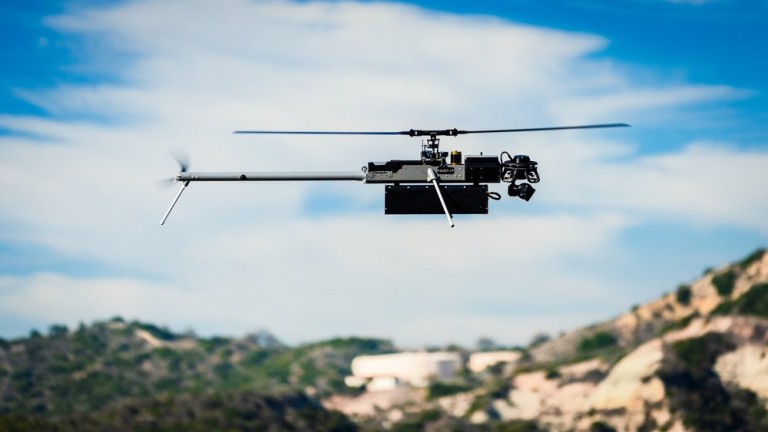One of tech's more controversial figures has a new plan: developing virtual reality and other tech for the US military.
Divisive: Luckey is a VR pioneer who made a fortune by selling his company, Oculus Rift, to Facebook. He has become known for his conservative ideas and comments, and for seeking to develop a “virtual border wall” to help control illegal immigration. Now his new firm, Anduril, has reportedly bagged a contract with the Pentagon on its controversial Project Maven, according to The Intercept.
Virtual patrol: Anduril is developing technology called “Lattice AI” that’s designed to provide soldiers with a view of their surroundings using sensor fusion, virtual reality, and machine learning. “Lattice AI is able to detect, classify and track any car, person, drone or other threat in a restricted area,” the company says on its website. Anduril is also developing a very easy-to-fly drone, called Ghost (shown above), as part of the Lattice system.
Valley backlash: The US government and military are increasingly seeking to collaborate with Silicon Valley in hope of tapping into the latest tech trends and speeding up technology development cycles. But several companies have experienced backlash after inking contracts to help Uncle Sam, especially for work involving artificial intelligence. Most famously, Google was forced to abandon a contract to help the Air Force process drone imagery after worker outcry.
Polarizing filter: Luckey and Anduril both have close ties to the investor and Trump advisor Peter Thiel, his investment firm Founders Found, and his company Palantir, which provides big-data analytics to US defense and intelligence. (Both Anduril and Palantir are named for artifacts described in J.R.R. Tolkien’s Lord of the Rings.) Indeed, the story of Anduril shows how polarizing and political it is for the military to collaborate with Silicon Valley—and how some technologists are seizing the opportunity.

